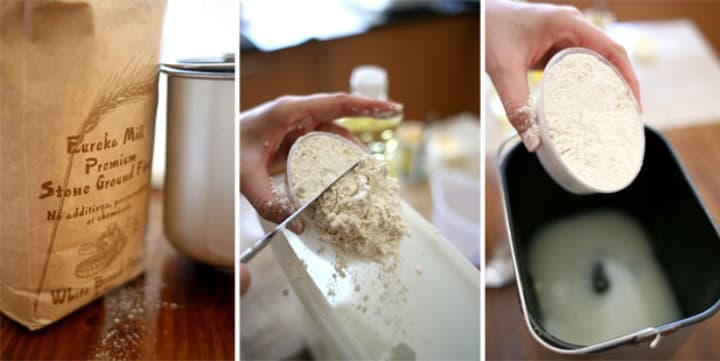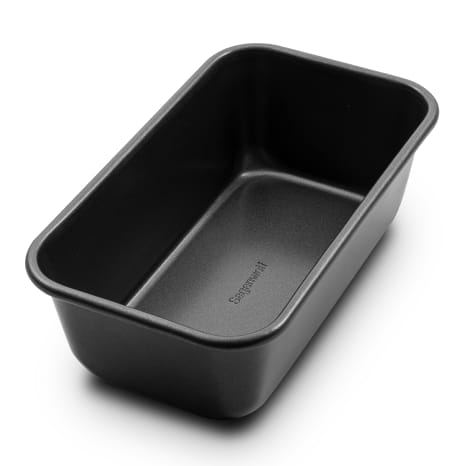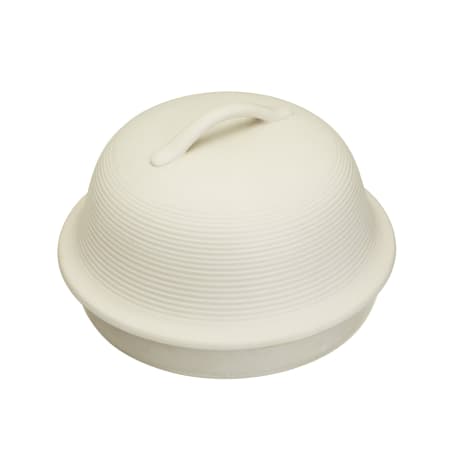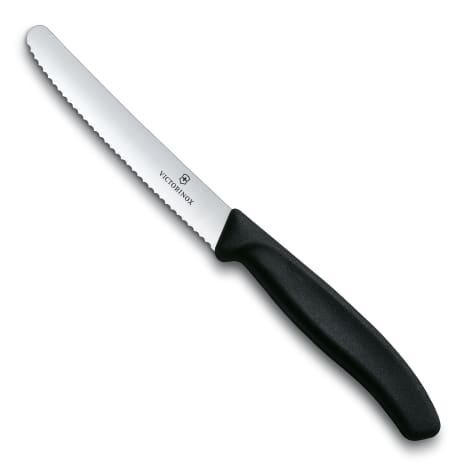–Did someone say flour power?Top flours for perfect bread making 🌾
When it comes to flour, names pack a punch! It’s not just about the typical wheat flour. We’ve got a flour extravaganza here! Buckwheat, barley, chickpea, corn, nuts, potatoes, quinoa, rice, rye, soy, wheat, spelt — these are just a few of the floury superheroes ready to save your baking adventures. So, which flour will be your kitchen sidekick?

When it comes to baking with flour, the science boils down to protein. Different flours have different protein amounts, and when mixed with water and heat, they create gluten. Gluten is what makes bread rise and keeps its shape.
There are a few essential terms to know when it comes to types of wheat flour. Soft flour (also known as cake and pastry flour), plain flour (which is all-purpose flour), and strong flour (often referred to as bread flour). When using a bread machine for baking, it is advisable to opt for strong flour, which is bread flour in simpler terms. Bread flour has 12 to 14 percent protein content, which leads to a well-risen and well-shaped loaf thanks to the high gluten content.
Most popular Bread Pans & Loaf Pans
Types of flour that make great bread
Rye flour | High in protein and low in gluten means that digestion of the grain is far slower than with others. You can expect a moist and dense loaf due to the low gluten content.
Spelt flour | If you prefer to go wheat-free, this is the one for you. It has 30% more protein than wheat and it’s ideal for a wheat-free diet, but the high gluten content makes it sensitive to over-kneading.
Unbleached white flour | This is simply refined wheat flour that is naturally aged.
Whole wheat flour | Also referred to as wholemeal, this flour also includes the bran and wheat germ due to being milled from the entire kernel. It’s heavier and more nutrient rich than all-purpose wheat flour because of this.
Most popular Flour
How to store flour
It’s important to store your flour correctly in order to keep it as fresh as possible and retain the moisture content, which is vital for successful baking. To achieve this, store your flour in a cool, dry, and well-ventilated place for up to six months. Alternatively, you can freeze it for an extended period, ensuring you defrost it thoroughly before using it in your baking endeavours.

Rise to the challenge and bake away! Happy bread making 🍞










